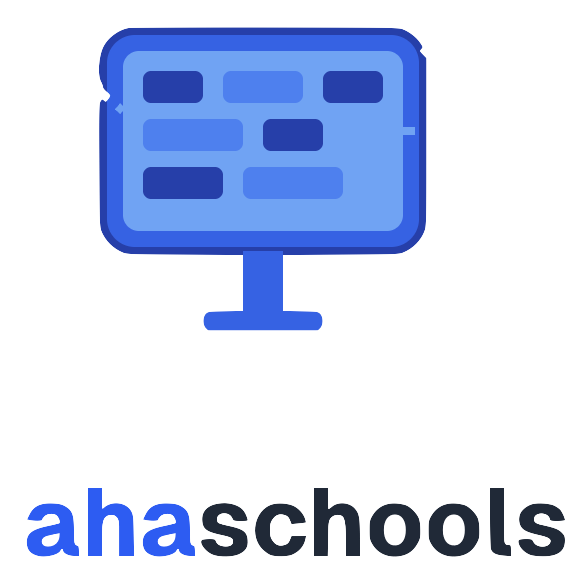Interactive Computer Science Tutoring
Learn programming concepts interactively
Type System Explorer
Journey through C's advanced type concepts
Interactive Type Explorer
Explore how the same bits represent different values
Signed vs Unsigned Interpretation
Same bits, different meanings
00101010
SignMagnitude
Signed Char
42
Range: -128 to 127
Unsigned Char
42
Range: 0 to 255
Knowledge Challenge
Test your understanding with section-specific questions
signed-unsigned
Question 1 of 4
Which type can hold the largest positive number?
Confidence Tracker
Rate your understanding of each type concept
Signed vs Unsigned
3/5
Type Modifiers
3/5
Fixed-width Types
3/5
Type Conversions
3/5
Type Qualifiers
3/5
💭 Self-assessment helps identify areas for focused review and builds metacognitive awareness.
Generated C Code
Interactive C code with memory visualization
Type Learning Journey0/5
Recent operations with timestamps
No operations yet
Start by adding or modifying elements
Quick Reference Guide
Essential type information at a glance
When to Use Each Type:
char: Single characters, small integers (-128 to 127)
unsigned char: Binary data, pixel values (0 to 255)
short: Memory-constrained scenarios
int: General-purpose integers (most common)
long: Large numbers, timestamps, file sizes
fixed-width (int32_t): Protocols, file formats, portability
Common Pitfalls:
• Unsigned underflow: 0U - 1 = 4,294,967,295
• int to float precision loss for large values
• Assuming int is always 32 bits (platform-dependent)
• Mixing signed/unsigned in comparisons
• Forgetting to include <stdint.h> for fixed-width types
Best Practices:
• Use fixed-width types for portable code
• Choose unsigned for bit operations and array indices
• Be explicit about conversions with casts
• Check for overflow in critical calculations
• Use const for read-only data
Real-world Applications
Where advanced types matter in professional development
Game Development
uint8_t for color channels (0-255), int16_t for coordinates, uint32_t for entity IDs
Embedded Systems
volatile for hardware registers, precise control over memory usage with exact-size types
Network Programming
uint16_t for port numbers, uint32_t for IPv4 addresses, fixed-width for protocol headers
File Systems
uint64_t for file sizes, timestamps; fixed-width types ensure cross-platform compatibility
